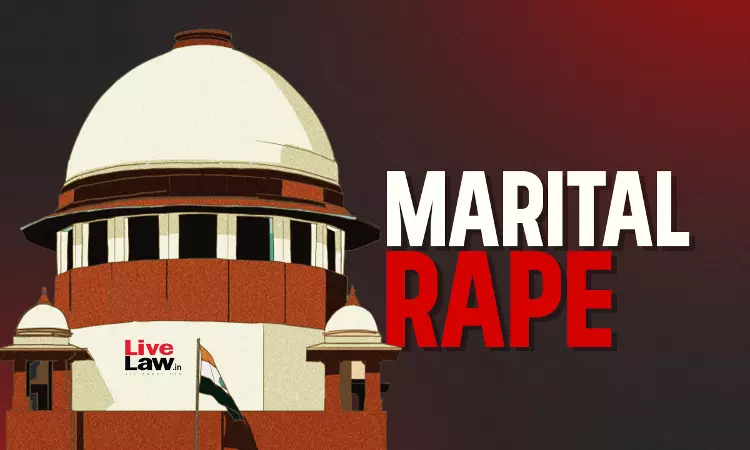The Supreme Court today (October 17) commenced the hearing of a batch of petitions seeking the criminalization of marital rape. The petitioners represented by Senior Advocate Karuna Nandy stressed that the Exception no.2 under the definition of Rape as per the old and new penal provisions violated the fundamental rights of a woman under Articles 14, 21 and 19 of the Constitution and reduced...

